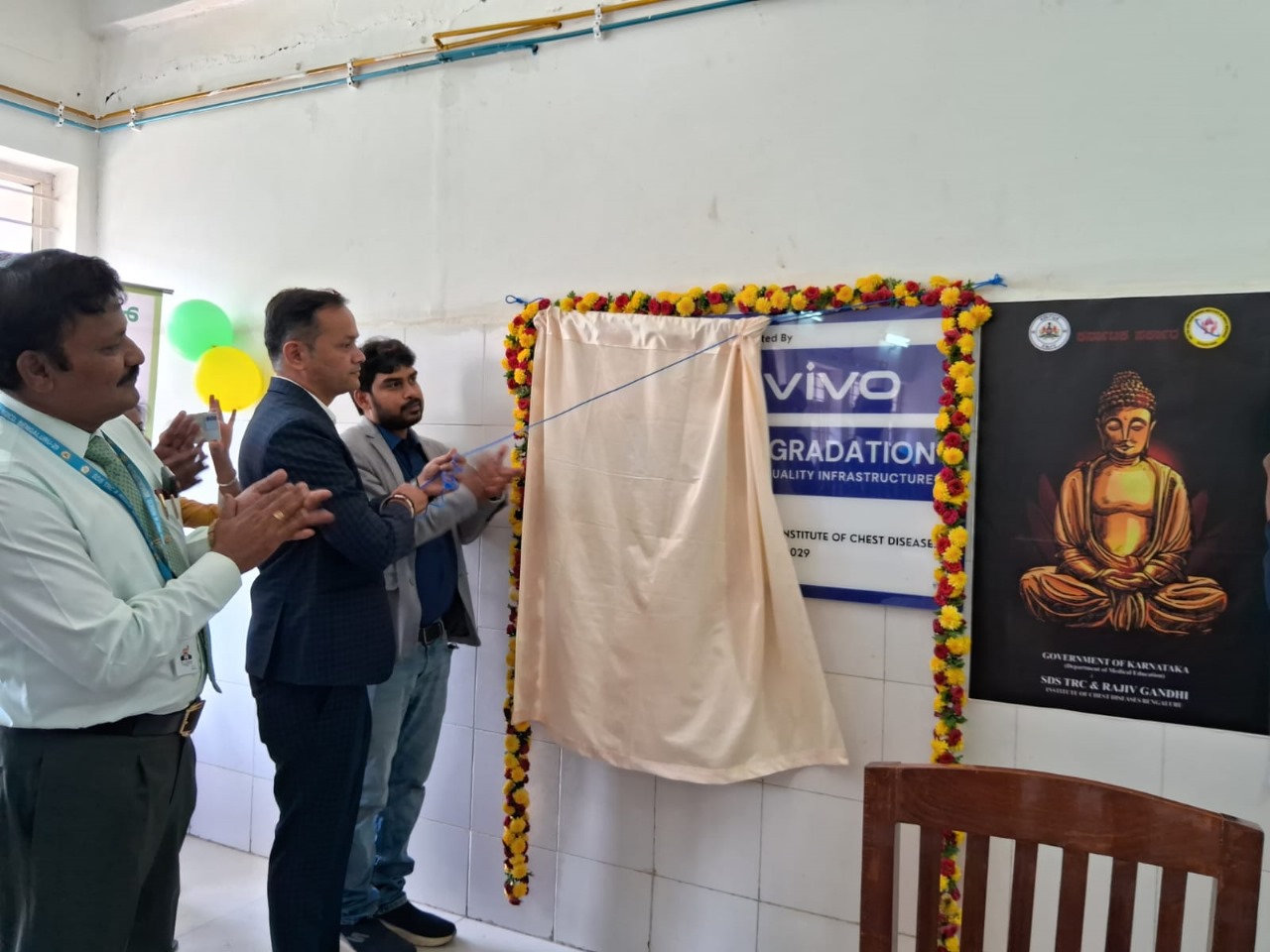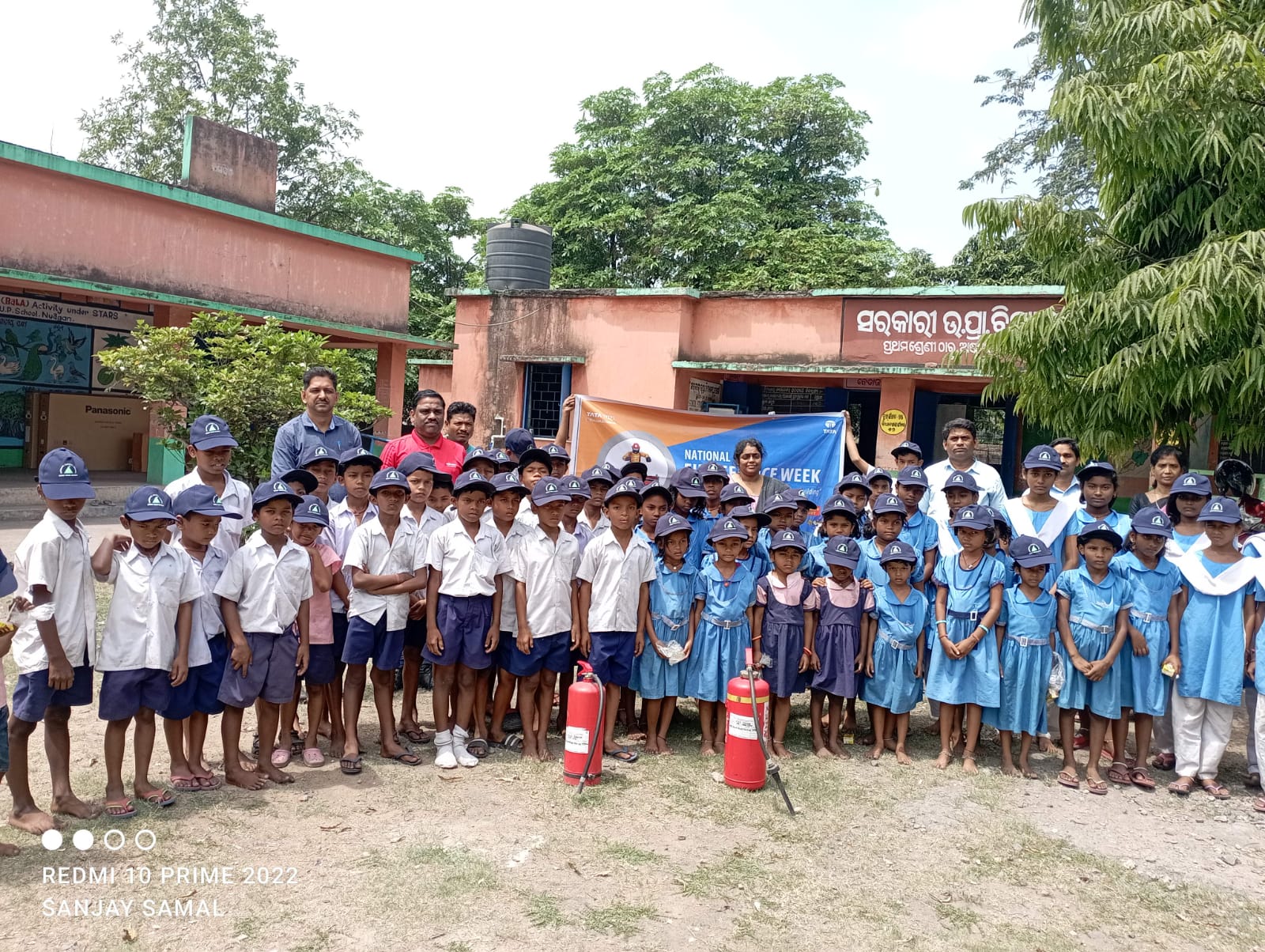Subscribe our Weekly Newsletter
Applications Invited for Research into the impact of digital technology in early learning in Asia and the Pacific

Organization: UNESCO
Apply By: 07 Apr 2023
About the Organization
UNESCO is the United Nations Educational, Scientific and Cultural Organization. It contributes to peace and security by promoting international cooperation in education, sciences, culture, communication and information. UNESCO promotes knowledge sharing and the free flow of ideas to accelerate mutual understanding and a more perfect knowledge of each other's lives. UNESCO's programmes contribute to the achievement of the Sustainable Development Goals defined in the 2030 Agenda, adopted by the UN General Assembly in 2015.
About the Grant
Early Childhood Care and Education (ECCE) is the foundation of lifelong learning. It is widely recognized that early childhood – a period ranging from birth to 8 years of age – is the most significant development period, having a long-term impact on later stages of an individual’s life. This development stage has gained much traction due to an increasing number of multidisciplinary researches that demonstrate both social and economic benefits of investing in a child’s early years in relation to academic achievement, economic productivity, strong communities, responsible citizenship, and lifelong learning and development1 . Quality ECCE can prepare children to begin their lifelong journey of learning and development with strong minds and bodies, better skills, and confidence.
Although significant progress has been made within the ECCE sector with increased enrolments and participation rates, a large proportion of children across the region are not able to read or understand an age-appropriate text by the age of 10 years – with large disparities between countries2 . The COVID-19 pandemic also significantly set back efforts to achieve the 2030 Agenda. Due to lockdown measures in many countries, ECCE services were halted, thus have stopped young children from attending pre-school and early childhood centres. Instead, digital technologies were used to maintain continuity of education for young children in the form of online classes and lessons provided by pre-school and Early Childhood Development (ECD) teachers.
In addition to this, the role of parents in mediating the learning of their children at home emerged and recognized as a critical resource for ensuring the continuity of young children’s learning at home during the pre-schools/ECD centres closure. The digital content was developed for the parents and caregivers to conduct early learning activities for their children at home.
Digital learning platforms with high quality content have a great potential in expanding the learning for young children, not only during the situation like COVID-19 when ECCE centre and pre-school closures were closed but also beyond that for transforming the overall learning opportunities for all young children. In fact, prior to the pandemic as well, young children have been exposed to and used digital devices. However, it is important to consider the particularities of the use of digital technology for the young children as well as how such technology can be leveraged to effectively support the ECE teachers and improve the home learning environment. For example, during COVID-19, digital learning at home has resulted in increased screen time for young children for both learning and entertainment. The World Health Organization recommends that children up to one-year should not spend any time on digital screens, including watching videos or playing games. For children aged 2–4 years, sedentary screen time should be no more than one hour in a day, and even less is better3 . The potential of using high quality digital content is important, and with this, it is needed to ensure the use of developmentally and contextually appropriate modalities, so that even the most vulnerable young children are able to equally access the quality early learning services.
As there has not been extensive research into this area in the region, for this purpose, UNESCO Bangkok Office4 and UNICEF East Asia and Pacific Regional Office (EAPRO)5 are procuring a Contractor to research into the “impact of digital technology in early learning in Asia and the Pacific” and provide recommendations/guideline for digital learning interventions for pre-primary level (children age of 3–5 years), including children in other modalities and learning environments outside of the education system, such as daycare or community-based centres.
The research will provide an overview of the context, and regional characteristics on the use of technology with young children between the ages of 3–5 years. The research is expected to provide an analytical and critical overview of current situation, good practices/policies and different modalities implemented during and after the pandemic, its reach to the most vulnerable young children, the role that adults (including teachers, facilitators, caregivers and parents) have in mediating learning for child development through digital technologies, and major areas of progress/success, and risks and challenges on digital learning for young children. As an initial integral part of the research, the Contractor shall seek to conduct indepth desk review of published literature and available documents/guidelines in printed and online formats in relation to technology and digital learning in early years. The study will also map out the areas of work that other development partners and donors in the Asia and the Pacific region have been implementing in this area.
The main objectives of this consultancy are to:
- conduct a comprehensive research study to explore the situation and impact of early experience exposure to digital use on young children; and
- develop a set of policy recommendations/guideline for digital learning interventions for pre-primary level (children age of 3–5 years) learners in various learning environments.
Scope of Work
The contractor is expected to provide UNESCO and UNICEF with a comprehensive research report on the impact of digital technology in early learning Asia and the Pacific region.
The contractor will be responsible for arranging his/her own logistics: office space, administrative and secretarial support, telecommunications, travel arrangements, printing of documentation, etc. The costs of these logistics, including all travel-related costs, will be included in the lump sum payment of the consultancy contract. The contractor will be home based in any location. It is expected that they will be available to meet with the UNESCO and UNICEF team (online) during office hours of Bangkok, Thailand. No duty travel or physical presence at the office is expected.
The UNESCO and UNICEF project team will assist in facilitating access to information and documents relevant to the study as well as providing suggestions of experts.
Eligibility
At least ten years of experience in early childhood care and education, with demonstrated technical, and contextual knowledge evidenced by a portfolio of successful research projects related to ECCE and ICT in education in Asia and the Pacific region.
- Must have outstanding research and analysis skills.
- Proficiency in research design, research report writing, and source analysis.
Desirable:
- Previous experience with UN or other international organizations, governments, donors, and civil society institutions would be an advantage.
- Impeccable analytical, writing, communication, and organizational skills.
How to Apply
At minimum, expression of interest should include the following:
- A technical proposal, including institution profile, relevant experiences, evidence/reference of previous similar works, proposed methodology/approach, proposed personnel and their CVs, and workplan. Must include at least three (3) references of projects in the field.
- A financial proposal, providing a breakdown/rate per day, per unit, etc.
The expression of interest must be received by email at iqe.bgk@unesco.org to the attention of the Chief, IQE Section UNESCO Bangkok Office, with Subject line: Proposal - Impact of digital technology in early learning, no later than 7 April 2023, 17:00 hrs Bangkok time (GMT+7). Only complete applications submitted before the deadline will be considered.
For more information please check the Link
Latest Online Store
Latest Tenders And EOIs
Latest News
© Renalysis Consultants Pvt Ltd


























